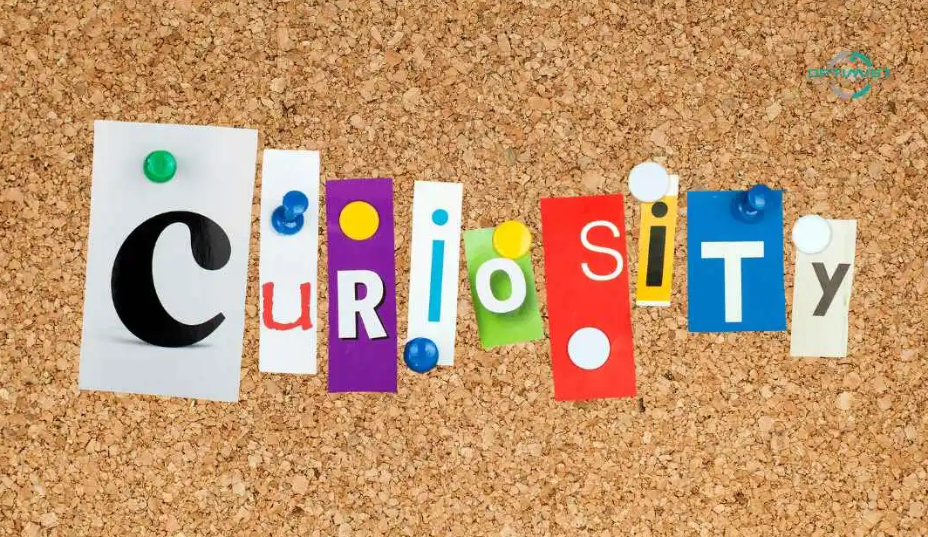
Curiosity is a great quality to have. It means you want to learn new things and understand the world. For students, being curious does not only help with schoolwork — it also makes life more fun and interesting. Let’s see how curiosity can make our lives better.
Curiosity helps us learn more easily. When we like a subject, our brain can take in information faster. It is like opening a window to new knowledge. Also, curious people often have more friends. When we show we care about others, they feel happy. This helps us build good relationships.
What’s more, curiosity makes life enjoyable. There are always new things to see and learn, so we don’t get bored easily. Curiosity is also good for our brain. Trying new things often is like exercise for the mind. It helps our brain stay strong and healthy as we grow up.
So how can we be more curious? First, always ask questions. When you see something interesting, ask “why” or “how”. You can look for answers in books or by trying yourself. Second, learn by doing. Go outside, play with friends, explore nature, or help solve small problems.
We can also be creative. Draw, write, or make something with your hands. Think of your own ways to do things. Also, be with people who like to learn. When you see your friends or teachers excited about new ideas, you will feel excited too.
In a word, curiosity makes life better. It helps us learn, make friends, enjoy each day, and keep our brain active. Let’s be curious every day!
1.1.How does the writer start the passage?
A By telling a story about a student.
B By explaining what curiosity is.
C By asking a difficult question.
D By giving a number from a study.
解析:选B。B 细节理解题。根据文章开头的“Curiosity is a great quality to have. It means you want to learn new things and understand the world.”可知,作者直接对“好奇心”下定义,解释其含义,从而引出后面要讨论的话题。故选B。
2.2.How many good things about curiosity are talked about in the passage?
A Two.
B Three.
C Four.
D Five.
解析:选C。C 细节理解题。文章主体部分(第二、三段)的“Curiosity helps us learn more easily.” “Also, curious people often have more friends.”“What’s more, curiosity makes life enjoyable.” “Curiosity is also good for our brain.”可知,文章共提到了好奇心的四个好处:帮助学习、促进交友、让生活有趣、保持大脑健康。故选C。
3.3.What does the underlined word “It” in Para. 3 refer to?
A Growing up.
B Good exercise.
C The mind.
D Trying new things.
解析:选D。D 词意指代题。根据划线词所在句的前一句“Trying new things often is like exercise for the mind.”可知,“It”指代的是“Trying new things”这件事。故选D。
4.4.Which of the following is NOT mentioned as a way to build curiosity?
A Asking questions often.
B Learning through action.
C Reading every day for an hour.
D Spending time with creative people.
解析:选C。C 细节理解题。文章第四段明确提到了四种方法:多提问(A)、在实践中学习(B)、进行创造活动(如绘画、写作)、和爱学习的人在一起(D)。虽然提到从书中找答案,但并未具体建议“每天读一小时书”。故选C。
5.5.Why does the writer most probably write this passage?
A To tell a personal story.
B To explain and encourage.
C To complain about school.
D To compare different studies.
解析:选B。B 推理判断题。全文一直在向读者解释好奇心是什么、有什么好处(Explain),并在最后呼吁“Let’s be curious every day!”(Encourage)。因此,作者的写作目的是“解释和鼓励”。故选B。